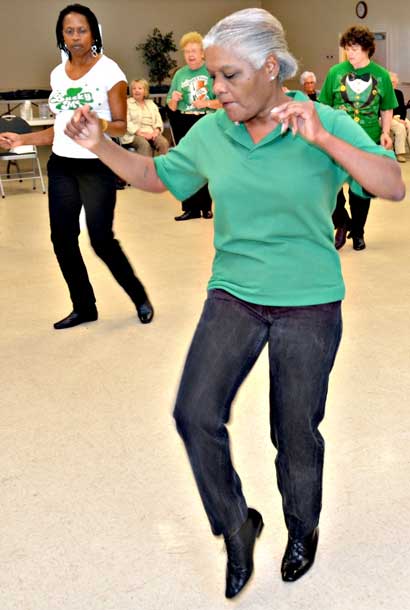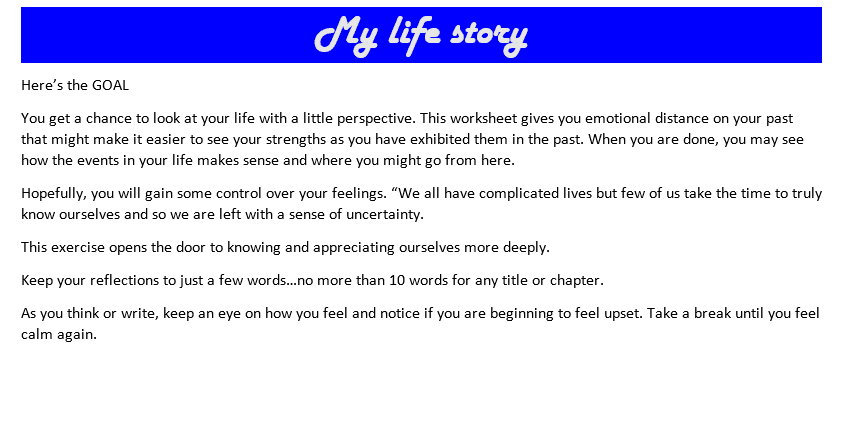Self Care
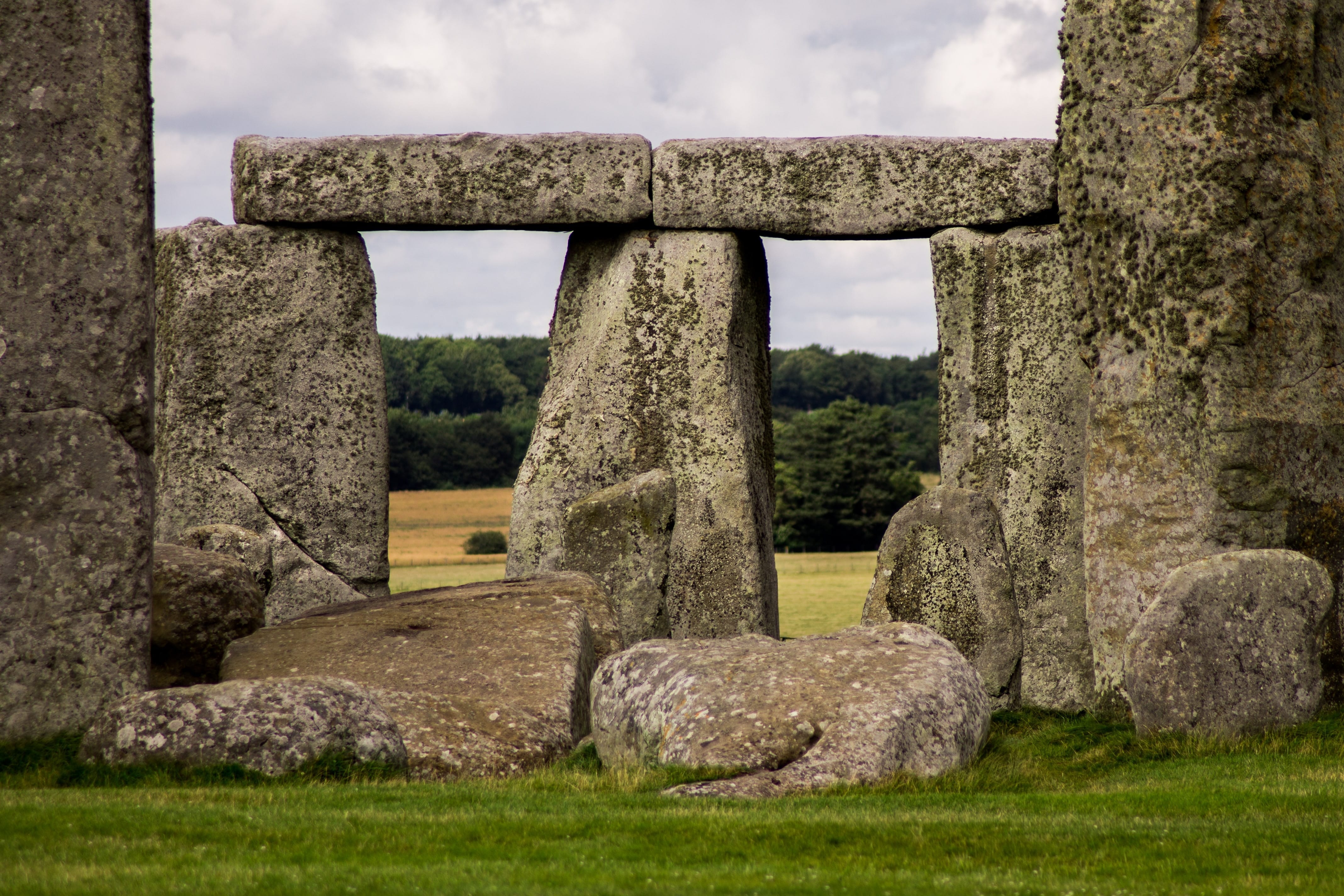
Don’t Stereotype Yourself
Chances are, you don’t fit the mold of “old age.”
Stereotypes are mental shortcuts. Sometimes they are useful. But when we rely on wrong or negative beliefs to fill in our picture of aging, there are going to be consequences. For starters, we start to think in categories: old vs. young, us vs. them. No matter our age, we see “older people” as a separate social group, distinctly set off from “the rest of us.” We conveniently overlook the fact that each of us is aging.
But the biggest downside of stereotyping about aging is that we become what we think we will become. We slide into a cultural stereotype of old age as a period of decline, disease, or disability. That’s hardly the foundation on which to pick up unexpected responsibilities such as parenting a second time around.
Now may be a good time to refresh your thinking about aging.
Five Stereotypes of Aging
Time to ditch these misconceptions
1. Older people are all basically the same.
Just as young adults differ from one another, older adults are also not all the same. In each decade of adulthood, we observe substantial differences in cognitive functioning, personality, social relationships, lifestyle, beliefs, and satisfaction with life. This diversity reflects differences in rates of biogenetic and psychological aging and the sociocultural contexts and history of people’s lives. People face different kinds of life-altering experiences. These multiple factors interact and change over time. That is why it is a big mistake to sort people into categories such as young, middle-aged, young-old, and very old adults. It is more fruitful to seem commonalities shared between individuals in these age groups.
Takeaway: You may have more in common with people in other age groups than you do with people in your group.
Tell her that!
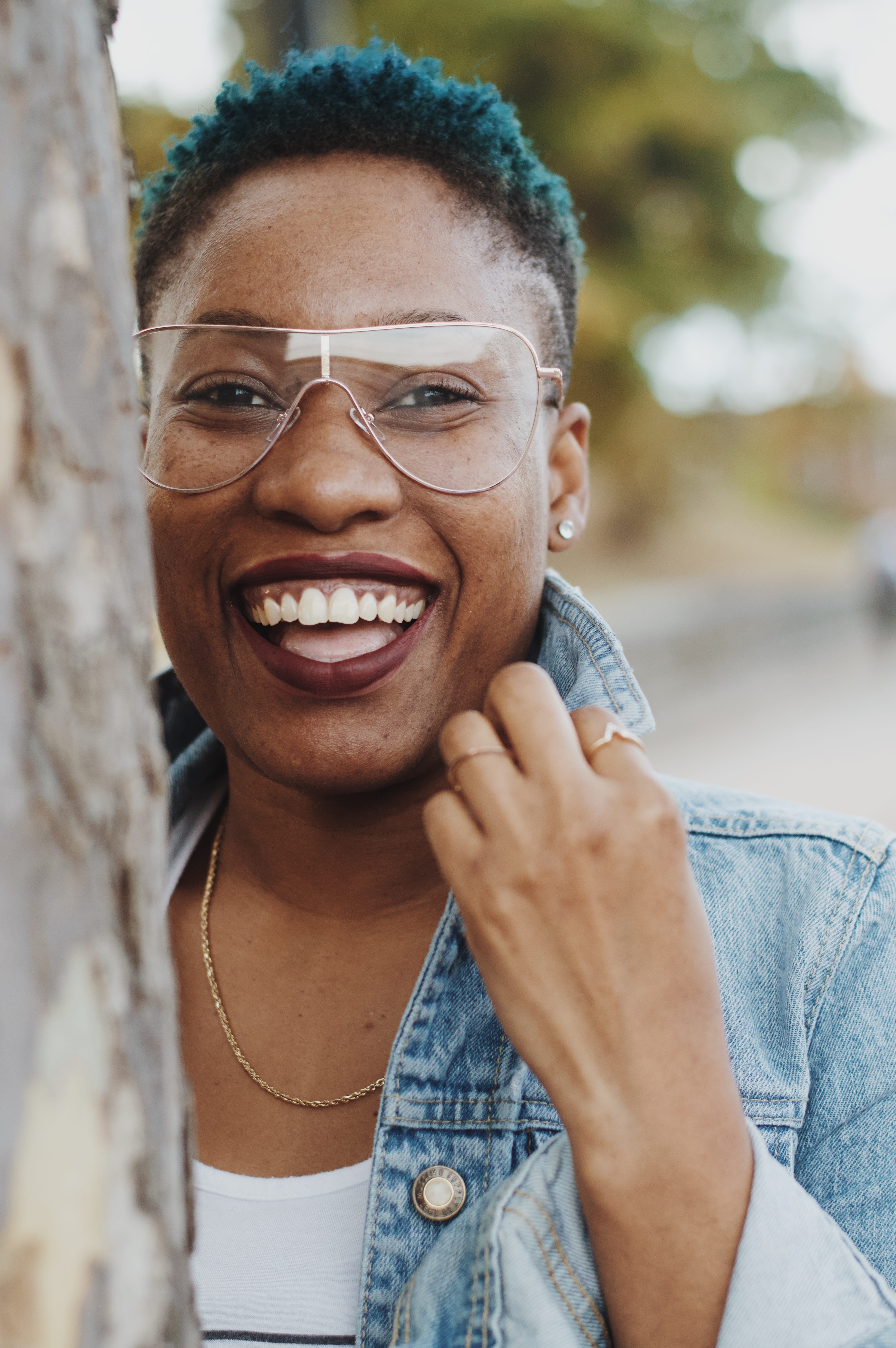
2. How we age is all about our personal choices.
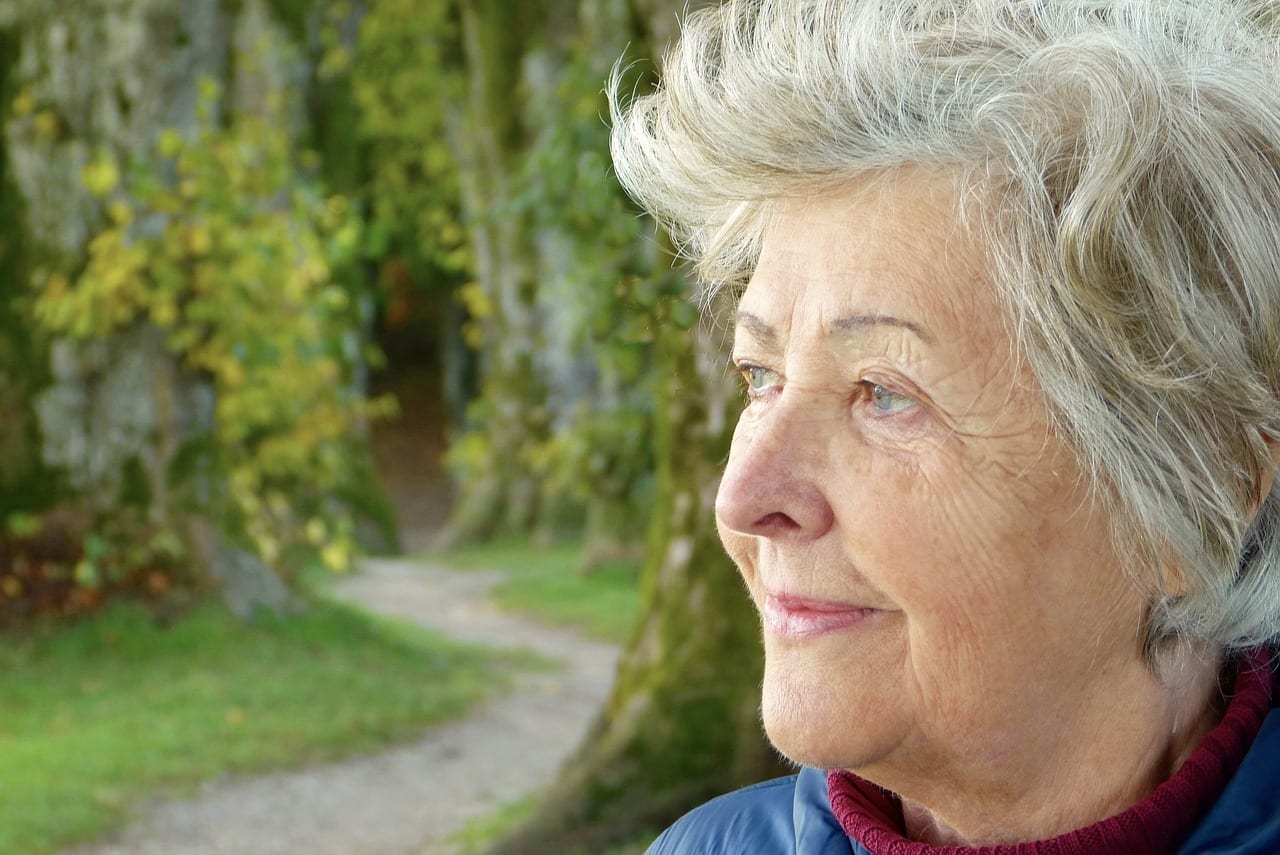
This is a message you’ve heard thousands of times. You should stop smoking, lose weight, exercise more, drink less. There is no excuse for not achieving that ideal of old age: being spry.
But if the story we tell ourselves is that aging is our fault we are buying into a myth.
Aging is a matter of societal concern—not just a personal matter. Where we were born and to whom shapes our health profile. Unfortunately, “individualism” is arguably the deepest, most pervasive, and most well-established cultural model that Americans hold, shaping thinking about a vast array of social issues, not just aging. But a narrow focus on individual choice and willpower allow all of us to overlook the spectrum of factors and supports that shape peoples’ lives. The consequences of positive or negative aging outcomes are shared across society and not limited to the individuals or families experiencing them.
Takeaway: Aging is a matter for everyone.
3. Aging is all about decline and disability.
These changes will affect you.
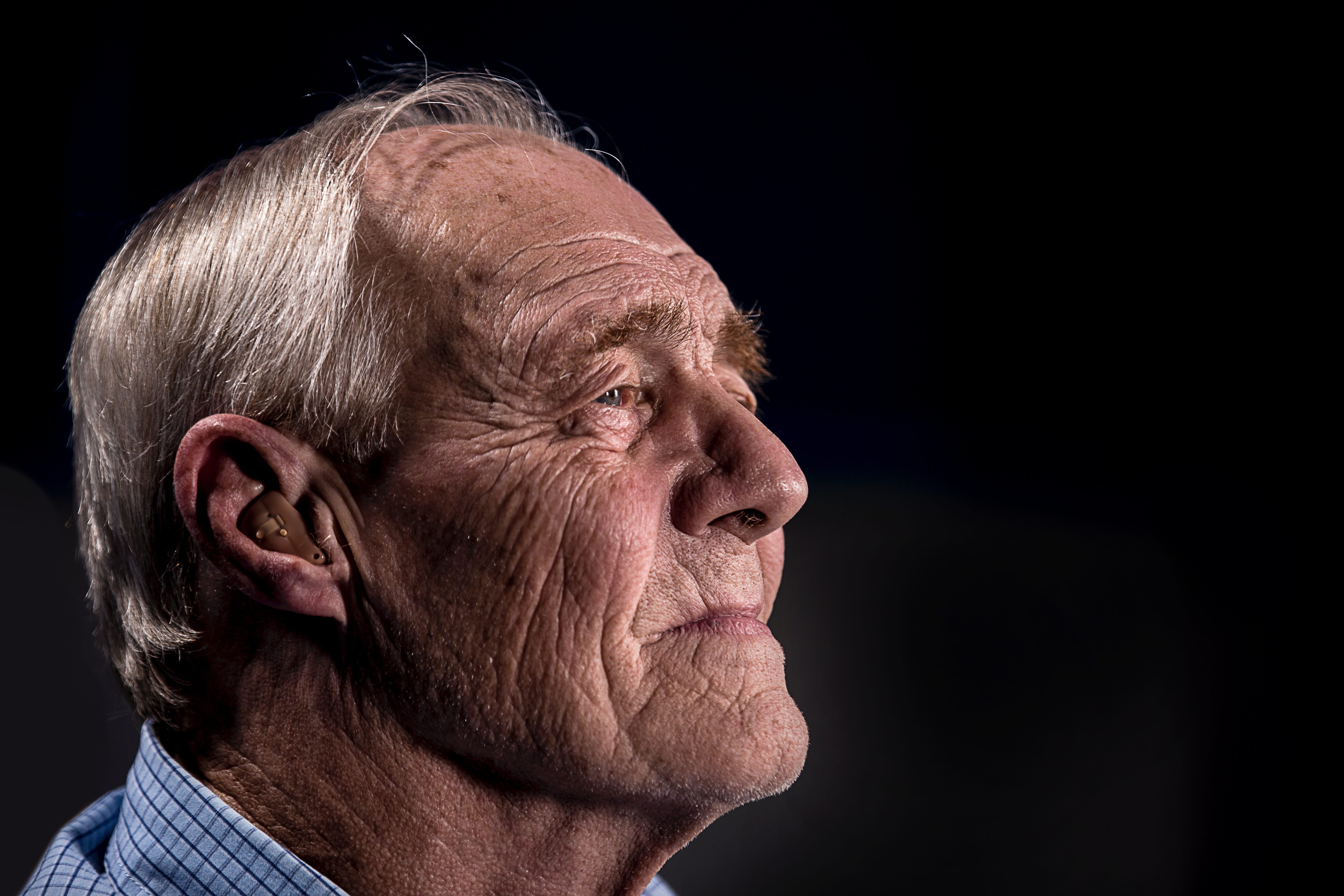
According to data from the US government:
- A man reaching age 65 today can expect to live, on average, until age 84.3.
- A woman turning age 65 today can expect to live, on average, until age 86.6.
And those are just averages. About one out of every four 65-year-olds today will live past age 90, and one out of 10 will live past age 95.
Takeaway: We are living longer and healthier, too.
Use this simple Life Expectancy Calculator to get a rough estimate of how long you (or your spouse) may live.
Ok, that might be a little scary.
4. Old people are sad and cranky.
Nope. Experiences of positive emotions such as happiness and enjoyment are highest in young and older adulthood. Experiences of negative moods, particularly worry, stress and anger, tend to decrease with age. Experiences of sadness are lowest in early and later adulthood compared to midlife. As the researchers studied 300,000 people in all age groups concluded (somewhat wonkishly):
[Our] results are generally consistent with Baltes’ theory of increased “wisdom” and emotional intelligence with age (at least through middle age), wherein decreased negative affective states could be a result of increasing wisdom, and with Carstensen et al.’s socioemotional selectivity theory, wherein older people have an increased ability to self-regulate their emotions and view their situations positively.
Takeaway: general moods tend to brighten as we age.
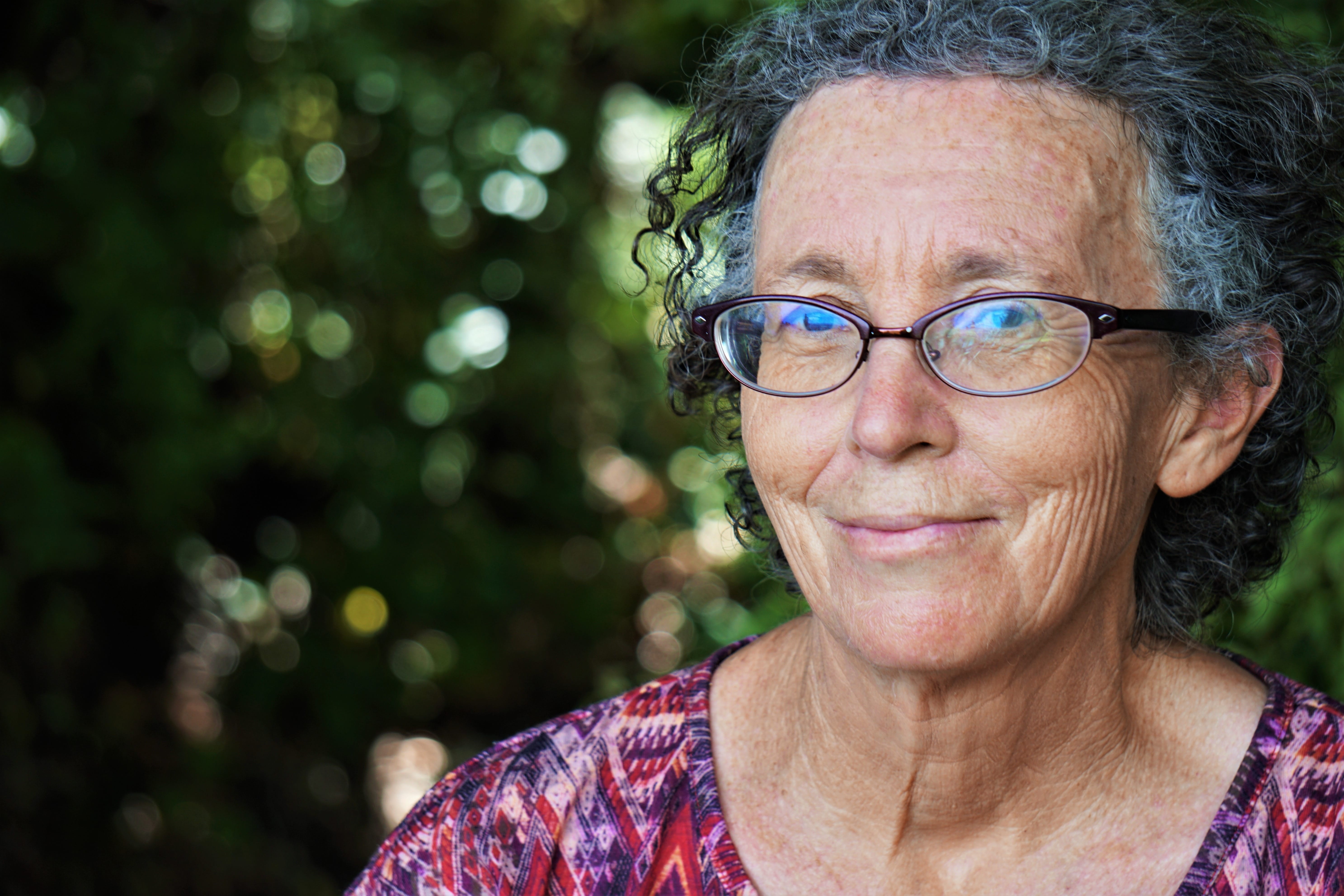
5. Our aging brains will fail us.
The truth is that areas of both losses and gains in cognition in older age. Cognitive ability and intelligence are often measured using standardized tests. There are at least two categories of intelligence that show different rates of change across the life span. Fluid intelligence refers to information processing abilities, such as logical reasoning, remembering lists, spatial ability, and reaction time. Crystallized intelligence encompasses abilities that draw upon experience and knowledge. Measures of crystallized intelligence include vocabulary tests, solving number problems, and understanding texts.
Many cognitive tests are exercises in mental gymnastics, in that as with physical gymnastics, they are designed to assess agility or flexibility but do not necessarily have direct counterparts in the everyday world.
However, in the real world when we face a challenge, “get ‘er done” is more than a matter of memory or quickness of mind. Three major factors determine how well we can accomplish things: the “can do” (cognitive]ability), the “will do” (motivation), and “have done” (experience). Brain researchers usually measure only the first factor. That’s why they are often surprised the older people do just fine in the workplace.
You know ’tis true.
Takeaway: The brain actually gets better and better at some real life problem-solving skills.*
* This trend levels off in the 60s and 70s and then declines in the very old. And Myth #1 applies here, too!
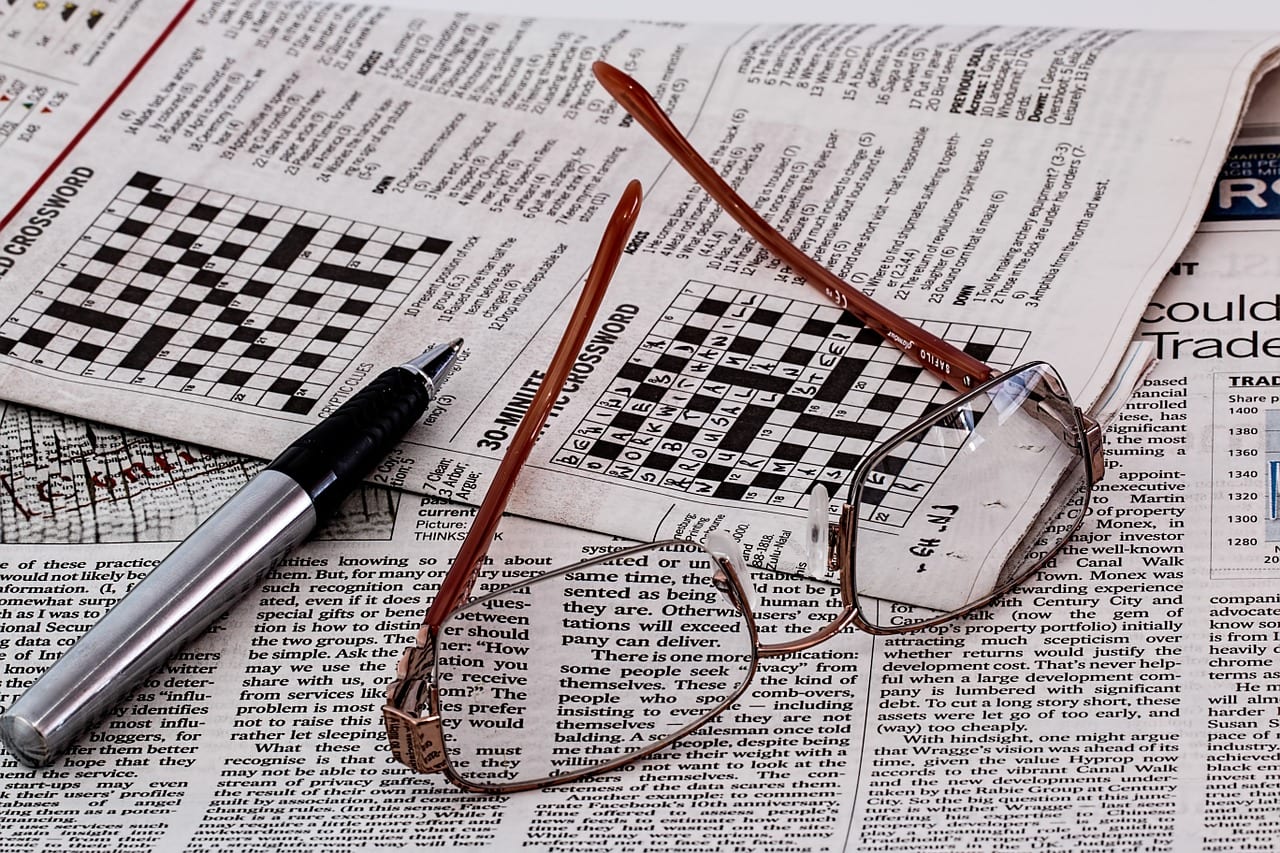
Try this. Tell yourself your Life Story to uncover your Strengths.
This exercise might make it easier to see your strengths as you have exhibited them in the past. You may see opportunities for using them more frequently and/or more intensely.
When you are done, you may also see how the events in your life makes sense. And you may have inspiration about where you might go from here.
